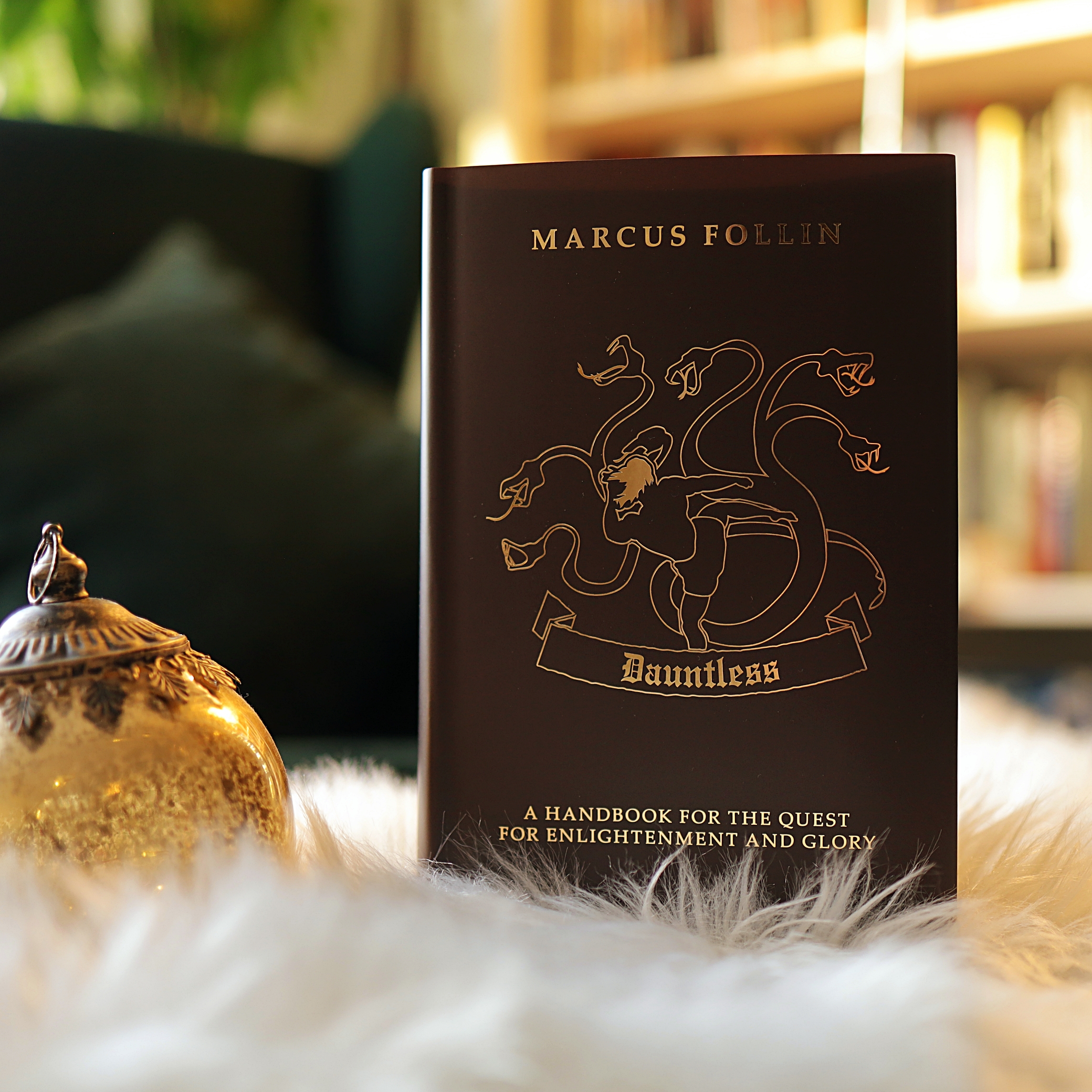The Uniqueness of Western Law by Richard Storey

I have read The Uniqueness of Western Law – A Reactionary Manifesto by Richard Storey. It is a compilation of compelling essays written from a Libertarian pro-White perspective.
Pro-Church Perspective
Enjoyers of my book reviews will be familiar with the good baron Evola. A reoccurring theme in his work is the conflict between the Ghibellines (supporters of the Emperor) and Guelphs (supporters of the Pope). Storey, in contrast to Evola, writes from a pro-Church perspective. I am not a Christian, but, as everyone knows, I am fair and open-minded – and thus open to new information regarding the Church’s contribution to European civilisation. The author’s main point is that the Church could keep kings from becoming too despotic.
Under the title of Christianity Takes Up the Torch of Hellenistic Natural Law, the author notes the following:
‘Therefore, the European Christendom of the Middle Ages presented a rather unique situation in which there was no state per se. This continued throughout the period primarily because natural law teachings of the Church largely comported with and developed the customary laws of the Germanic tribes, which, as Prof. Gerard Casey eloquently notes, always tend to the natural law anyway, being its ‘local concretization.’’
Richard Storey – The Uniqueness of Western Law – A Reactionary Manifesto. Page 19.
I must contemplate this matter further before elaborating on it. Interesting stuff for sure! He continues on the same page:
‘In Kingship and Law in the Middle Ages, Fritz Kern explored the two major, similar concepts of law which the Church found among the Germanic tribes (the rule of law and the right to resist tyrants). The Church was able to exert a certain amount of influence in limiting the king’s dominium but expanding his imperium, that is, obliging him to ‘rule and defend this realm which is vouchsafed to thee by God’, as the German coronation order of the tenth century provides. Therefore, he was not to exercise any supposed superior rights, as a tyrant. Otherwise, the king was not consecrated or was excommunicated by the Church.’
Richard Storey – The Uniqueness of Western Law – A Reactionary Manifesto. Pages 19-20.
The author goes on to note that a legally absolute king was impossible in the earlier Middle Ages. The author also points to the Indo-European aristocratic tradition of the king being the First Among Equals – this can be contrasted against what is sometimes called Oriental Despotism (where the regent is much higher above the aristocracy). Elsewhere in the book, the author also points to the positive influence of the Church regarding the development of laws.

Christianity and Chastity
Under the title of So, what are the short-term and long-term social benefits of Christianity?, the author shares some insights from Jim Penman. Penman claims that the Church promoted chastity – ‘Other important factors were the promotion of chastity and the nuclear family.’ The chastity of the pre-Christian Germanic peoples are beyond dispute. I have discussed this elsewhere on numerous occasions; I just thought it reasonable to point out this flaw in an otherwise excellent book.

Gothic Liberators
In the essay titled The Uniqueness of Western Law (i.e. the same title as the book itself), the author shares a quote by Prof. Joseph R. Peden. Peden notes that the (Western) Roman bureaucracy of Late Antiquity was so oppressive (in terms of taxation, for example) that the population viewed the state as the enemy. Part of the quote:
‘In other words, the Roman state was the enemy; the barbarians were the liberators….’
Peden – Inflation and the Fall of the Roman Empire.
I thought it was interesting to share this quote since the Goths have been so maligned in recent decades. As I have noted elsewhere, the Rome that Alaric the Great sacked in 410 was a far cry from the Rome of its golden days. On a similar note, one could argue that the Ostrogothic Kingdom of Theodoric was a better place than pre-Gothic Italy. Genetically speaking, Italy returned to a more European configuration after the Germanic invasions (Italy experienced a shift toward non-European genetics during the Imperial Roman period).
I write more about it in my review of Edred Thorsson’s The Mysteries of the Goths (review). I also elaborate on the matter in Demigod Mentality and Podcast Episode 30. The Gothic Heirs of Rome.
Iran & Rumi
In the essay titled In Search of Non-White Philosophers, the author responds to a demand (to have more non-White philosophers as part of the curriculum) by philosophy students from SOAS (School of Oriental and African Studies). In the essay he notes that most philosophers have, in fact, been White. This is, most likely, no news to readers of my reviews. Something I thought would be interesting to share, however, is the following – the author refers to Jason Reza Jorjani, who notes that when the great Sufi mystic Rumi was born in 1207, Khorosan was still ethnically White. The author also notes that Khorosan was a hotbed for esoteric interpretations of the Koran. Moreover, the author says the following:
‘Yes, Zoroastrianism was developed by white people. Furthermore, the greatest Islamic philosophy was produced by brilliant Iranians, despite Islam, and their work was based heavily on Plato and Aristotle – yet more white men.’
Richard Storey – The Uniqueness of Western Law – A Reactionary Manifesto. Page 59.
I recently reviewed Rumi’s Four Essential Practices by Will Johnson (review). Regarding the Iranian tradition, I reviewed Original Magic by Stephen E. Flowers (review).
Conclusion
The book has 147 pages, including an afterword by Ricardo Duchesne, and is well written. It is suitable for those new to Right-Wing thought; he explains in a clear and concise fashion the drawbacks of multi-ethnic societies (lowering of trust, for example) as well as discussing fundamental biological realities (IQ, time-preference, etc.) among other important issues. The book is also interesting for those already familiar with the essentials – on a personal note, I found his views on the Church as a Libertarian highly interesting. I can definitely recommend The Uniqueness of Western Law. Onwards!














You must be logged in to post a comment.